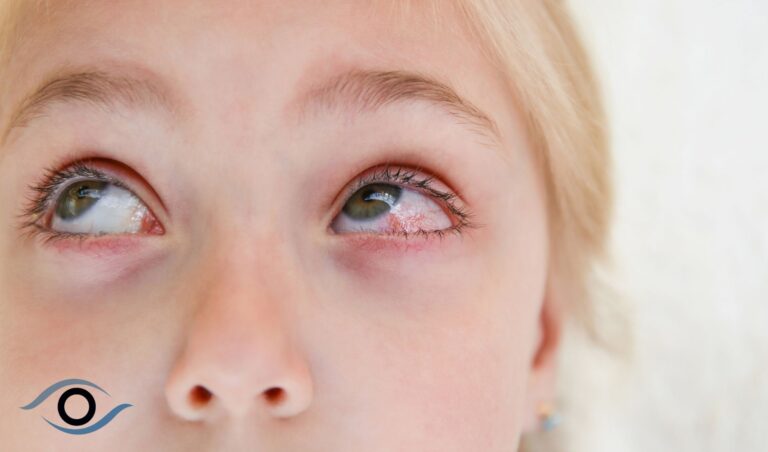Conjunctivitis, commonly known as “pink eye,” is an inflammation or infection of the conjunctiva, the transparent membrane that lines the eyelid and covers the white part of the eyeball.
When the small blood vessels in the conjunctiva become inflamed, they become more visible, which causes the whites of your eyes to appear reddish or pink.
Because children experience the world with their hands, it does tend to be very common in children if they touch a contaminated object and then their eyes. Conjunctivitis is also highly contagious, so it can spread quickly through schools and daycares.
While it is common in children adults can also get it due to it’s highly infectious nature.

If symptoms are severe, persistent, or worsen, it is important to seek medical advice. Contact Hesla if you or a loved one is experiencing conjunctivitis.
We love our patients and look forward to seeing each of you at our new clinic soon.
Within the Poplar Centre at
Suite 150, 5504 Macleod Tr. SW
Calgary, AB T2H 0J5
Monday: 9am to 5pm
Tuesday: 8am to 4pm
Wednesday: 9am to 5pm
Thursday: 11am to 7pm
Friday: 9am to 5pm
Saturday: Closed
Sunday: Closed
© Hesla Optometry 2024. All Rights Reserved | Privacy Policy | Terms of Use | Anti-Spam